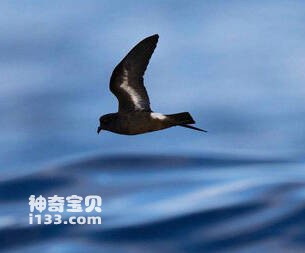
Hydrobates pelaus
Hydrobates pelaus,European Storm-petrel
The Wilson's Storm Petrels (Hydrobates pelaus) are a genus of birds belo···
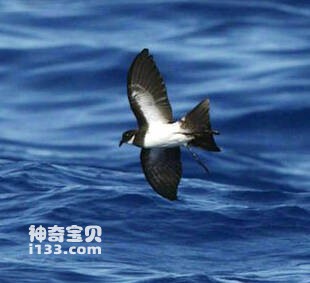
Nesofregetta fuliginosa
Nesofregetta fuliginosa,White-throated Storm Petrel
Nesofregetta fuliginosa, White-throated Storm Petrel, is unknown.Protect wil···
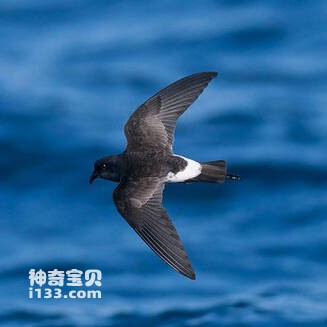
Fregetta maoriana
Fregetta maoriana,New Zealand Storm Petrel
The New Zealand Storm Petrel (Fregetta maoriana) is a bird of the genus Petr···
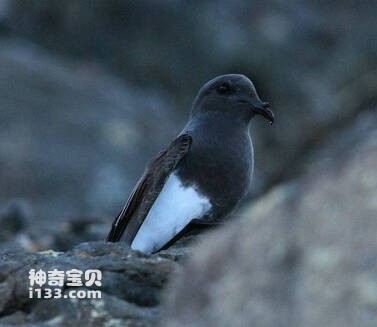
Fregetta tropica
Fregetta tropica,Black-bellied Storm Petrel
Fregetta tropica, Black-bellied Storm Petrel, or black-bellied storm petrel,···
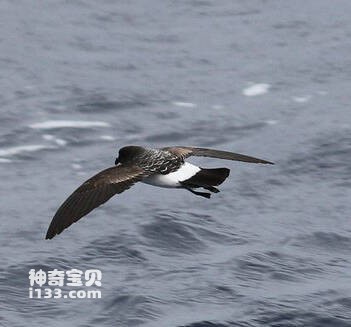
Fregetta grallaria
Fregetta grallaria,White-bellied Storm Petrel
The White-bellied Storm Petrel, Fregetta grallaria, or white-bellied storm p···
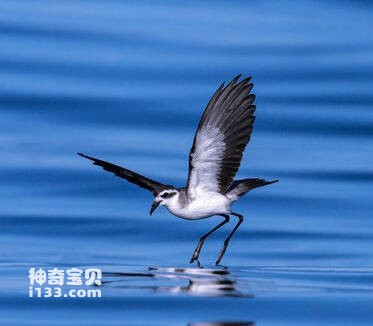
Pelagodroma marina
Pelagodroma marina,White-faced Storm Petrel
Pelagodroma marina, or White-faced Storm Petrel, is a congregant bird, eithe···
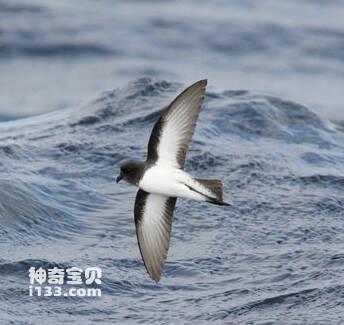
Garrodia nereis
Garrodia nereis,Gray-backed Storm Petrel
Garrodia nereis (Gray-backed Storm Petrel) is a congregating bird, either in···
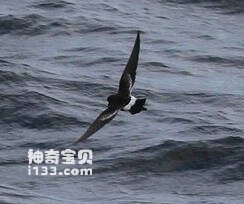
Oceanites pincoyae
Oceanites pincoyae,Pincoya storm petrel
Its scientific name is Oceanites pincoyae and its foreign name is Pincoya st···
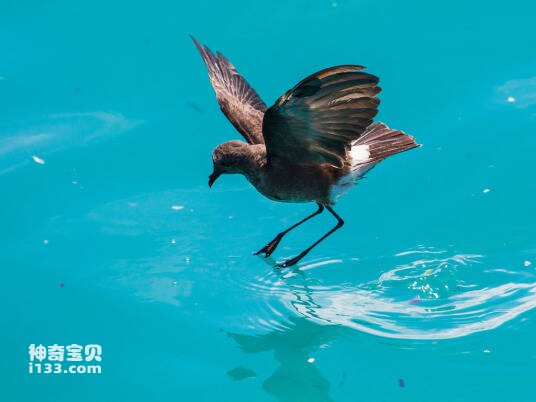
Oceanites gracilis
Oceanites gracilis,White-vented Storm Petrel
The species is known as Oceanites gracilis or White-vented Storm Petrel.Prot···
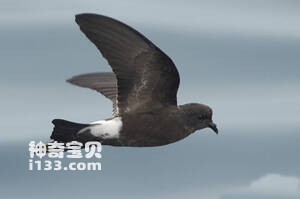
Oceanites oceanicus
Oceanites oceanicus,Wilson's Storm Petrel
Oceanites oceanicus, Wilson' s Storm Petrel is a kind of petrel.Yellow-w···
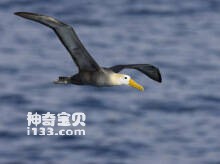
Diomedea irrorata
Diomedea irrorata,Waved Albatross,Phoebastria irrorata
The Calgary Albatross (Phoebastria irrorata, Waved Albatross) is a unique sp···
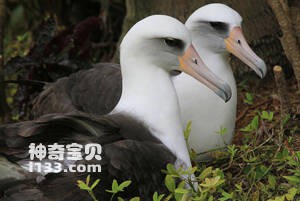
Phoebastria immutabilis
Phoebastria immutabilis,Laysan albatross
The Laysan albatross (Phoebastria immutabilis) is a medium-sized albatross w···
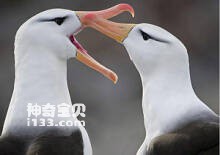
Thalassarche melanophrys
Thalassarche melanophrys,Black-browed Albatross
The black-browed albatross (Thalassarche melanophrys) is one of the most wid···
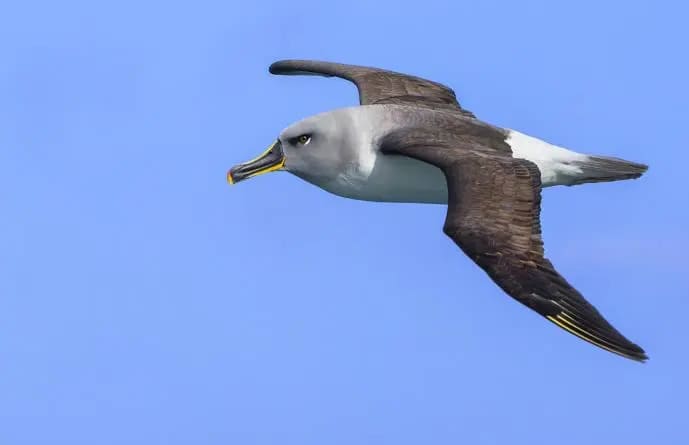
Thalassarche chrysostoma
Thalassarche chrysostoma,Grey-headed Albatross
Thalassarche chrysostoma, Grey-headed Albatross is a species of bird in the ···
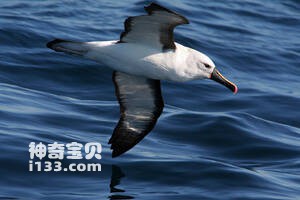
Thalassarche chlororhynchos
Thalassarche chlororhynchos,Atlantic Yellow-nosed Albatross
Thalassarche chlororhynchos (Atlantic Yellow-nosed Albatross) is unknown.Int···
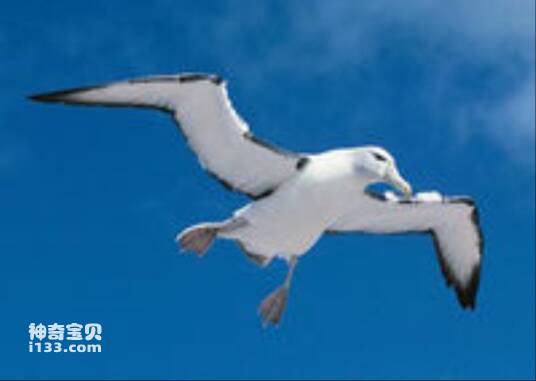
Thalassarche cauta
Thalassarche cauta,White-capped Albatross
Thalassarche cauta, White-capped Albatross, has two subspecies.The albatross···
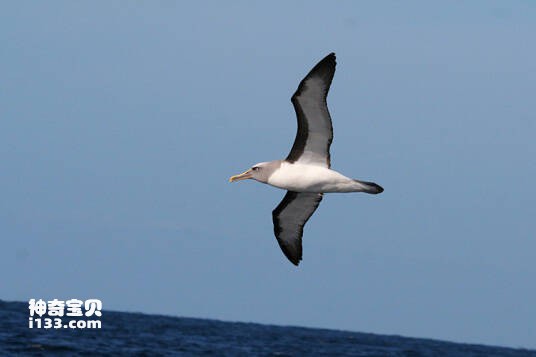
Thalassarche bulleri
Thalassarche bulleri,Buller’s Albatross
The New Zealand Albatross (Thalassarche bulleri, Buller's Albatross) is ···
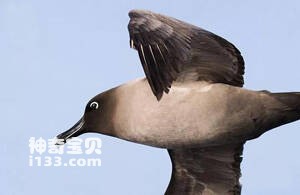
Phoebetria palpebrata
Phoebetria palpebrata,Light-mantled Albatross
Phoebetria palpebrata, also known as Light-mantled Albatross, is a small, mo···
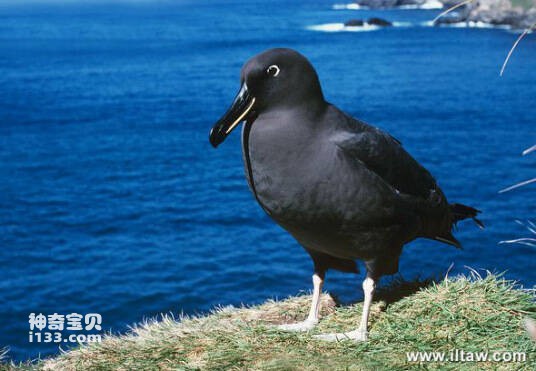
Phoebetria fusca
Phoebetria fusca
Phoebetria fusca is a medium-sized albatross.The albatross is a large floati···
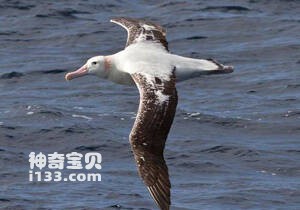
Diomedea exulans
Diomedea exulans
Diomedea exulans, the wandering albatross, is the largest species of albatro···
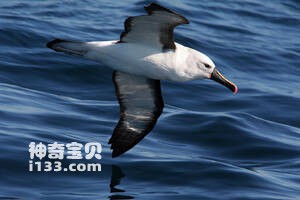
Diomedea epomophora
Diomedea epomophora,Royal Albatross
The Royal Albatross, Diomedea epomophora, is a large seabird.Cuttlefish, fis···
